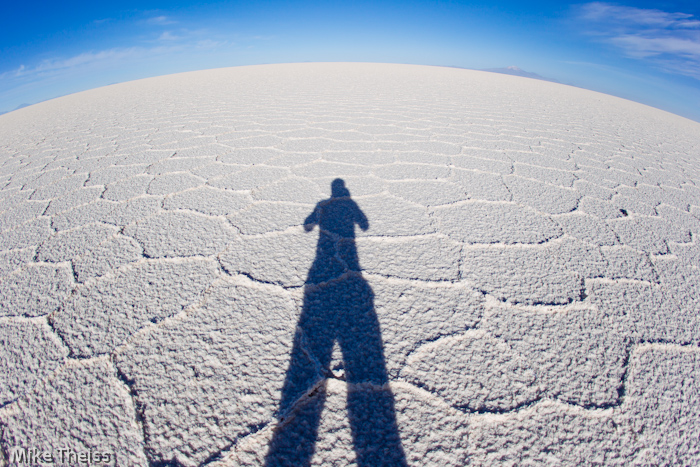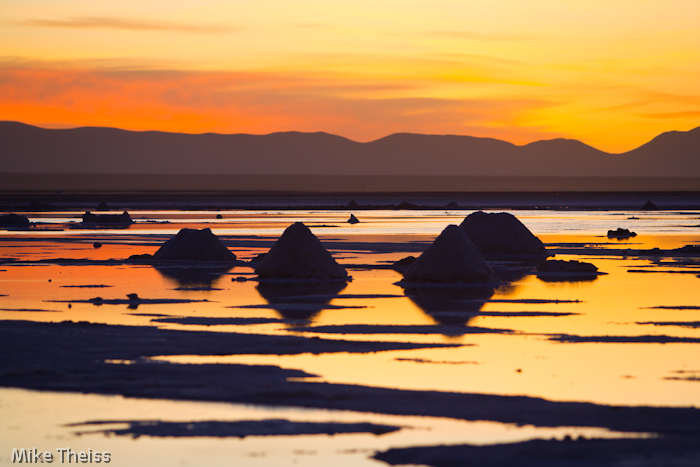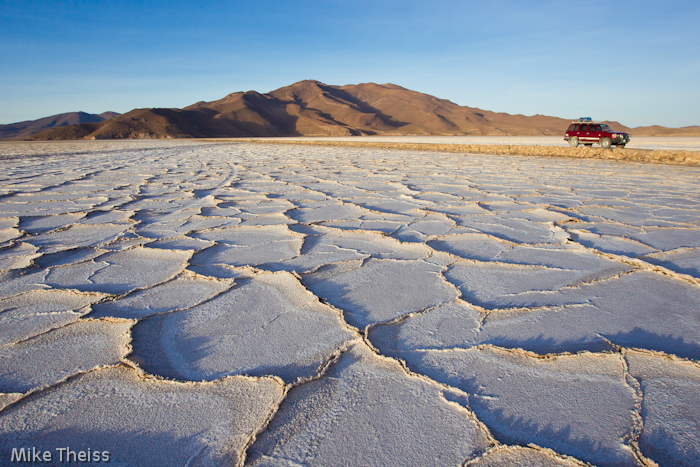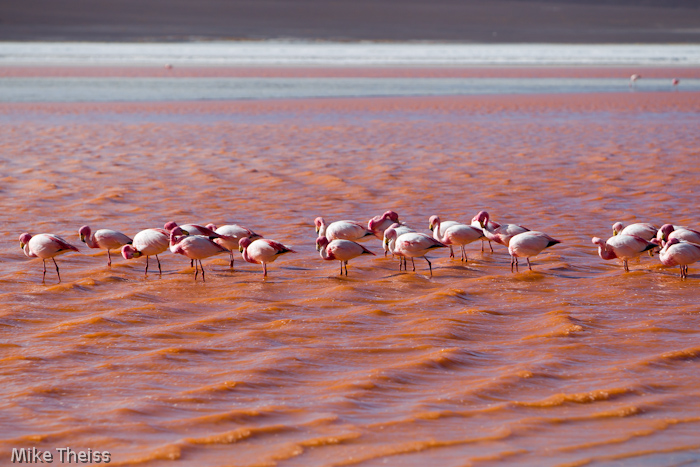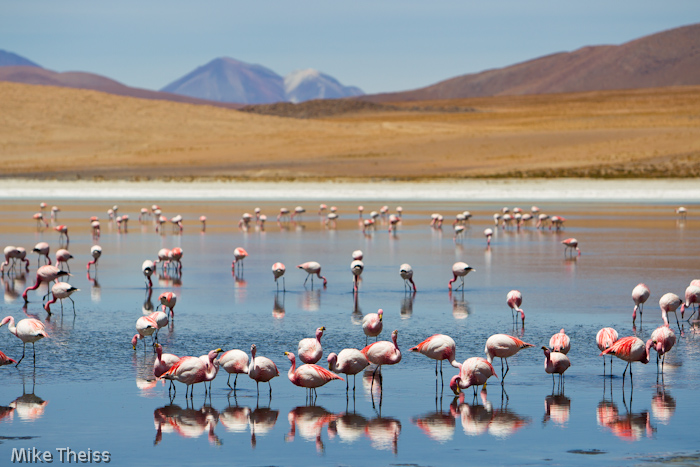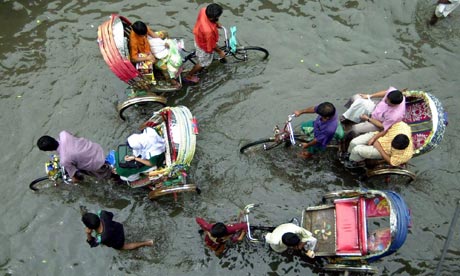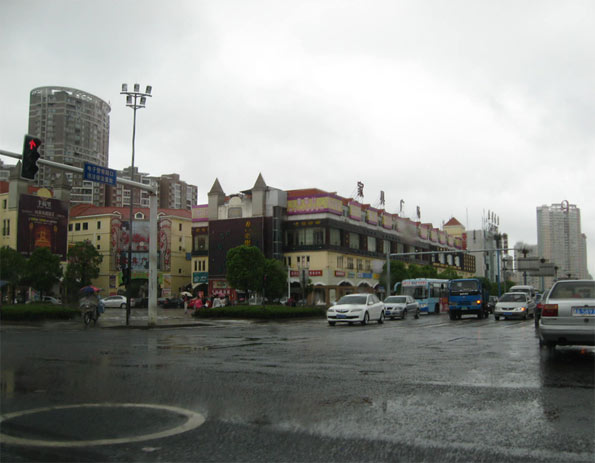Awami League chooses to be a slave, not master, of history
THE passage of the 15th amendment to the constitution in parliament on
Thursday marks a sad episode in the political history of Bangladesh.
By pushing the amendment through, the ruling Awami League officially
completed its deviation from the spirit of the liberation war and
bracketed itself with all those that it has consistently castigated as
forces opposed to the spirit of liberation.
In the objective clause of the amendment bill, the law minister
claimed that the legislative exercise is aimed at restoration of the
essence of the 1972 constitution by reinstating certain provisions
therein in respect of fundamental rights of the people, fundamental
principles of state policy, etc. The claim cannot be any farther from
truth, since the amendment approves functioning of political parties
formed on the basis of religious faith, and retains 'Bismillah' in the
preamble of the constitution and Islam as the state religion, which
were not in the 1972 constitution and run counter with the
secular-democratic spirit of the liberation war. Notably, these were
inserted in the constitution by the regimes that the party has always
projected as undemocratic.
The chairman of the parliamentary standing committee on law, justice
and parliamentary affairs in its report on the amendment bill termed
the retention of Bismillah and Islam as the state religion and
allowance of religion-based politics a 'compromise…in the greater
welfare of the people.' He suggested, albeit not in so many words,
that his 'matured' understanding of the 'importance' of religion in
power politics over the past three decades or so. In other words, the
ruling party, which dictated history when it presided over the
country's war of liberation, has now chosen to be a slave of history
despite its numerical strength in parliament.
The compromise regrettably has resulted in dichotomies on the basis of
not only religion but also ethnicity, between Muslim and non-Muslims,
Bengalis and non-Bengalis. The amended Article 6 (2) says the 'people
of Bangladesh shall be known as Bengalees', essentially relegating the
members of the non-Bengali ethnic minority communities, who have lived
in this country for generations through centuries, to second-class
citizens, just as retention of Islam as state religion has done people
of other faiths. While Bangladesh is the country of Muslims and
non-Muslims, Bengalis and non-Bengalis alike, its state has become
primarily of the Bengali Muslims.
The consolation clauses, so to speak, in this regard, i.e. Article 12
(b) that says the state shall not grant 'political status in favour of
any religion' and Article 23 A that says the 'State shall take steps
to protect and develop the local culture and tradition of the tribes,
minor races, ethnic sects and communities', tend to highlight the
contradiction on the one hand and the Awami League's nationalistic
chauvinism on the other. The religious and ethnic stratification,
needless to say, would contribute to further deepening of the sense of
insecurity of non-Muslims and non-Bengalis.
The least said about the essential hypocrisy behind the retention of
socialism as one of the fundamental principles of state policy the
better. The Awami League has long ceased to be a party ideologically
inclined to socialism, if it ever were, and pursued anti-people
neo-liberal economic policies, prime concern of which is
profit-making, not people's welfare, let alone egalitarianism.
By pushing the amendment through the parliament, the ruling party has
not only deviated from the spirit of the liberation war, which was
fought in the hope of establishing a state that would be politically a
people's republic, culturally secular-democratic and economically
egalitarian, and betrayed the people but may also have committed a
political suicide. After all, the party now stands bereft of even the
moral right to claim itself to be committed to the spirit of the
liberation war and at par with the pseudo-democratic and autocratic
military regimes of the past. Simply put, the Awami League has
ultimately joined the ranks of its political rival, whom it has called
anti-liberation.
As for scrapping the election-time non-party caretaker government
provision, which the party forced upon the constitution in 1996 to
pave its way to power, it only proves that the politics of the ruling
class is about crude struggle for retention of or return to state
power. Understandably, the Bangladesh Nationalist Party is now
fighting for its retention.
Under these circumstances, it also draws the battle line between the
power-obsessed ruling class and the politically conscious and
democratically oriented sections of society. The latter needs to
realise that they need to win the battle for realisation of the values
and ideals of the liberation war so many people sacrificed their lives
for. They also need to realise that, to win the battle, they must
strive to become the master of history, not its slave, as the Awami
League and its allies have chosen to be.
http://newagebd.com/newspaper1/editorial/24452.html
------------------------------------
[Disclaimer: ALOCHONA Management is not liable for information contained in this message. The author takes full responsibility.]
To unsubscribe/subscribe, send request to alochona-owner@egroups.comYahoo! Groups Links
<*> To visit your group on the web, go to:
http://groups.yahoo.com/group/alochona/
<*> Your email settings:
Individual Email | Traditional
<*> To change settings online go to:
http://groups.yahoo.com/group/alochona/join
(Yahoo! ID required)
<*> To change settings via email:
alochona-digest@yahoogroups.com
alochona-fullfeatured@yahoogroups.com
<*> To unsubscribe from this group, send an email to:
alochona-unsubscribe@yahoogroups.com
<*> Your use of Yahoo! Groups is subject to:
http://docs.yahoo.com/info/terms/
